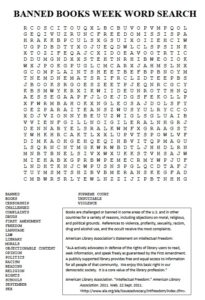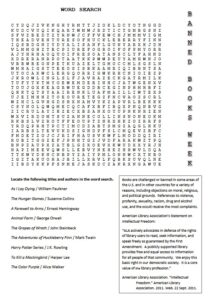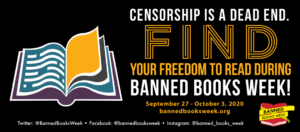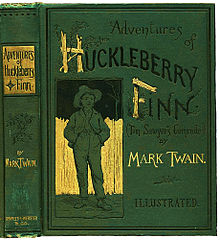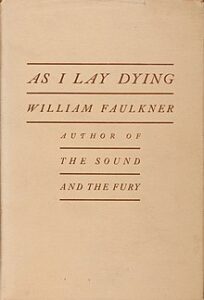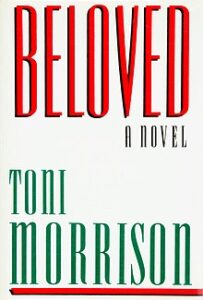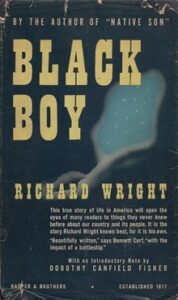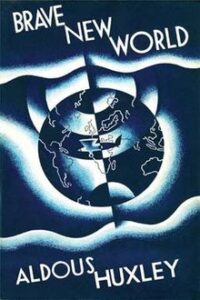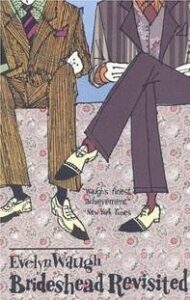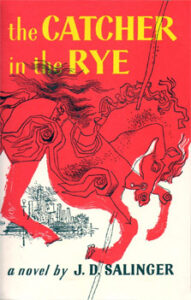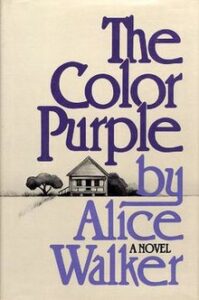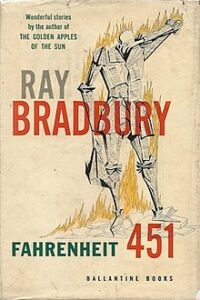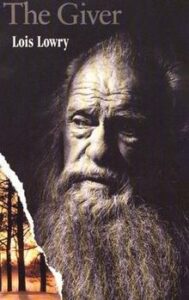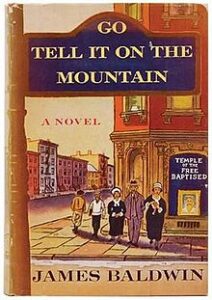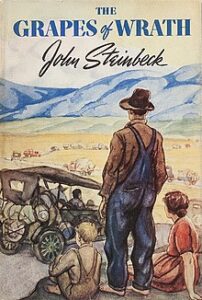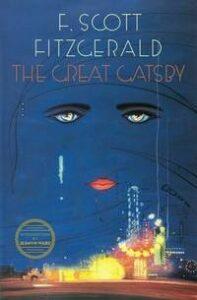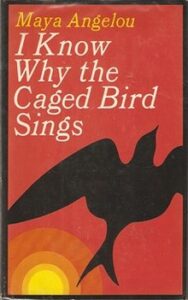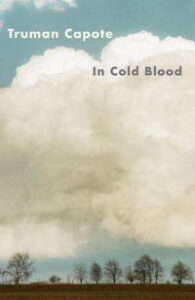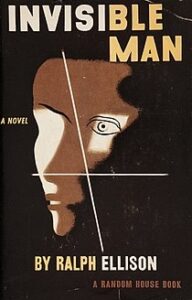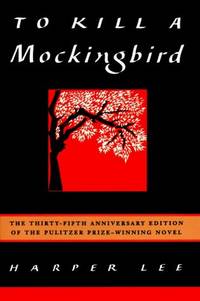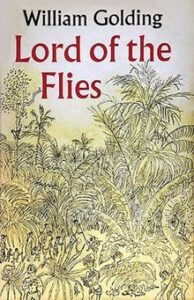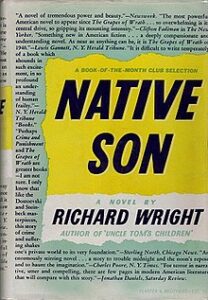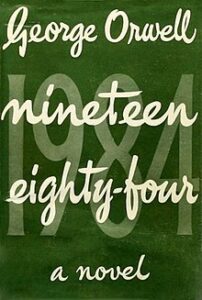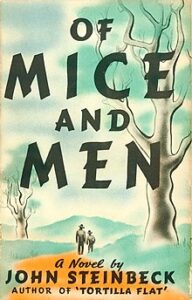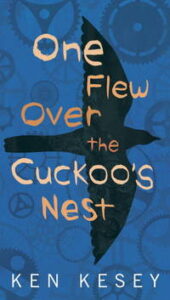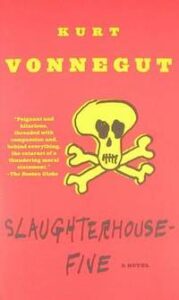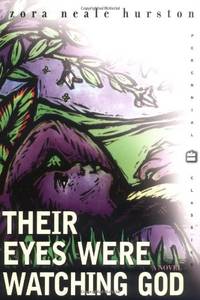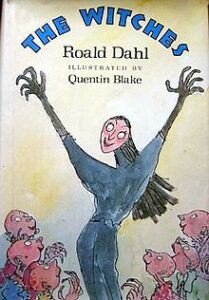Banned Books Week (September 27 – October 3, 2020) is an annual event celebrating the freedom to read. Typically held during the last week of September, it spotlights current and historical attempts to censor books in libraries and schools. It brings together the entire book community — librarians, booksellers, publishers, journalists, teachers, and readers of all types — in shared support of the freedom to seek and to express ideas, even those some consider unorthodox or unpopular. (ALA)
How did Banned Book Week Start?
Banned Books Week was launched in the 1980s, a time of increased challenges, organized protests, and the Island Trees School District v. Pico (1982) Supreme Court case, which ruled that school officials can’t ban books in libraries simply because of their content.
Banned books were showcased at the 1982 American Booksellers Association (ABA) BookExpo America trade show in Anaheim, California. At the entrance to the convention center towered large, padlocked metal cages, with some 500 challenged books stacked inside and a large overhead sign cautioning that some people considered these books dangerous.
Drawing on the success of the exhibit, ABA invited OIF Director Judith Krug to join a new initiative called Banned Books Week, along with the National Association of College Stores. The three organizations scrambled to put something together by the September show date and ended up distributing a news release and a publicity kit, hoping that with their combined membership of 50,000 people, they could continue to spark a conversation about banned books.
The initiative took off. Institutions and stores hosted read-outs, and window displays morphed into literary graveyards or mysterious collections of brown-bagged books. Major news outlets such as PBS and the New York Times covered the event, and mayors and governors issued proclamations affirming the week. (http://www.ala.org/advocacy/bbooks/banned)
Here is a small sample of some of the top Novels of the 20th Century that have been challenged, removed, banned, or burned.
Adventures of Huckleberry Finn by Mark Twain
Reason: “Coarse language, racial stereotypes and use of racial slurs.”
As I Lay Dying by William Faulkner
Reason: “profanity, offensive and obscene passages referring to abortion, and used God’s name in vain.”
Beloved by Toni Morrison
Reason: “depicted the inappropriate topics of sex, bestiality, and racism.”
Black Boy by Richard Wright
Reason: “themes of Communism, racism and atheism.”
Brave New World by Aldous Huxley
Reason: “obscenity and vulgarity, racism, and anti-religion, anti-family, and blasphemous content.”
Brideshead Revisited by Evelyn Waugh
Reason: “Themes of homosexuality, alcoholism, infidelity.”
The Catcher in the Rye by JD Salinger
Reason: “”anti-white, profanity, sexual scenes, things concerning moral issues, excessive violence, and dealings with the occult.”
The Color Purple by Alice Walker
Reason: “Reasons: profanity, descriptions of drug abuse, sexually explicit conduct, and torture, and negative images of black men.”
Fahrenheit 451 by Ray Bradbury
Reason: “Obscene language, references to smoking and drinking, violence, and religious themes.”
The Giver by Lois Lowry
Reason: “violence, sexually explicit material, infanticide, euthanasia, occult related themes, and usage of mind control, selective breeding, and the eradication of the old and young when they are weak, feeble and of no more use.”
Go Tell It on the Mountain by James Baldwin
Reason; “recurring themes of rape, masturbation, violence, and degrading treatment of women.”
The Grapes of Wrath by John Steinbeck
Reason: “book uses the name of God and Jesus in a “vain and profane manner along with inappropriate sexual references.”
The Great Gatsby by F. Scott Fitzgerald
Reason: “reference to drugs, sexuality, and profanity”
I Know Why the Caged Bird Sings by Maya Angelou
Reasons “homosexuality, offensive language, racism, sexually explicit, unsuited to age group”
In Cold Blood by Truman Capote
Reason: “Violence, sexual content, and obscene language.”
Invisible Man by Ralph Ellison
Reason: “profanity and images of violence and sexuality.”
To Kill a Mockingbird by Harper Lee
Reason: profanity, contains adult themes such as sexual intercourse, rape, and incest, use of racial slurs promotes racial hatred, racial division, racial separation, and promotes white supremacy.”
The Lord of the Flies by William Golding
Reason: “profanity, sexuality, racial slurs, and excessive violence.”
Native Son by Richard Wright
Reason: “profanity, violence, explicit sexual content.”
1984 by George Orwell
Reason “Reason: pro-communism ideas, explicit sexual matter.”
Of Mice and Men by John Steinbeck
Reason: “blasphemous, offensive language, racism, violence, and sexual overtones.”
One Flew Over the Cuckoo’s Nest by Ken Kesey
Reason: “offensive and obscene passages referring to abortion and used God’s name in vain.”
Slaughterhouse-Five by Kurt Vonnegut
Reason: “depictions of torture, ethnic slurs, and negative portrayals of women.”
Their Eyes Were Watching God by Zora Neale Hurston
Reason: “profanity and sexual explicitness.”
The Witches by Roald Dahl
Reason: “Misogyny, encouraging disobedience, violence, animal cruelty, obscene language, and supernatural themes.”
For a more in-depth list visit: LibraryThing Book Awards : Radcliffe Publishing Course top 100 of the 20th Century
Did any of the books on this list surprise you?
http://www.ala.org/advocacy/bbooks/banned
Just for fun, here are a few banned book themed word searches!
